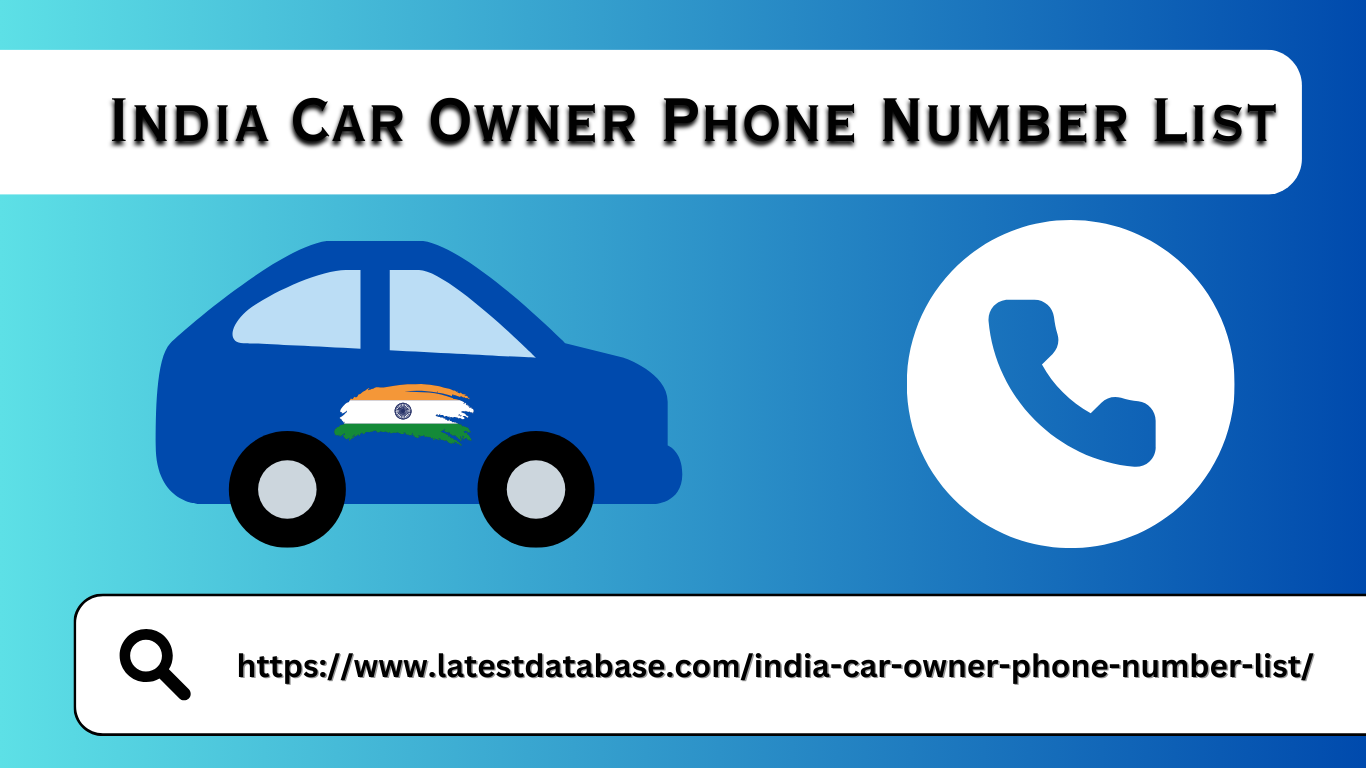|
|
What Begins is filled with inspiring stories from famous people. Simon Sinek points out that Martin Luther King Jr., Steve Jobs, John F. Kennedy, Bill Gates, and the Wright brothers all had a strong and clear “why.” This is a good argument for those who are considering reading this book but prefer to read real-life examples rather than just theory. These characters appear frequently in the near pages, and we can read some text about the reasons for each of them. There are also some negative examples, although interestingly they involve people we would also call successful people, but not necessarily innovators in their respective fields. It's interesting to compare the fortunes of Dell and Apple. Despite very similar products in the same industry, the former company became "only" one of the leading producers of computer equipment, while the latter revolutionized the market, gained a group of very loyal customers and was ready to occupy a new branch at any time it. The difference is the "why" on Apple's side and none on Dell's side.
While leader Steve Jobs defined the universal "Think different" and quickly dropped the word "computer" from the company's name and decided to associate his brand with a specific attitude and a specific lifestyle, Dell will always be a company related to computer India Car Owner Phone Number List or him and his colleagues, huge government funding, and connections at the highest levels of government. However, the brothers, far worse off and with far less support, won the competition and took to the skies with the machine they built. What tipped the scales in their favor was a different motivation than Langley's. They believe that the world will change dramatically after their achievements, and they dream of building a new world, while their more powerful competitors are more concerned with being first and the fame that comes with achievement itself. Their “reason” was strong enough to achieve a breakthrough like the first flight in human history. If "why" is inconsistent with "how" and "what" then "why"

It won't do you much good. As the author says, the golden circle includes "what", "how" and "why", which must be balanced. If a company has a "what" and a "how", as well as a "why," but the company still isn't performing as well as it should, there may be a lack of balance between these three elements. The right "why" is so effective because to quote the main idea of the book again, "people don't buy what you do, but why you do it". However, if a company declares its ideas and beliefs and takes other actions in different ways, the balance is tipped and there is a lack of consistency. If a company's "why" is to help people and it treats its own employees poorly, it's out of balance. Something similar happens when a brand targeting the less affluent segments of society increases the price of its services too much. How do we find our “why”?
|
|